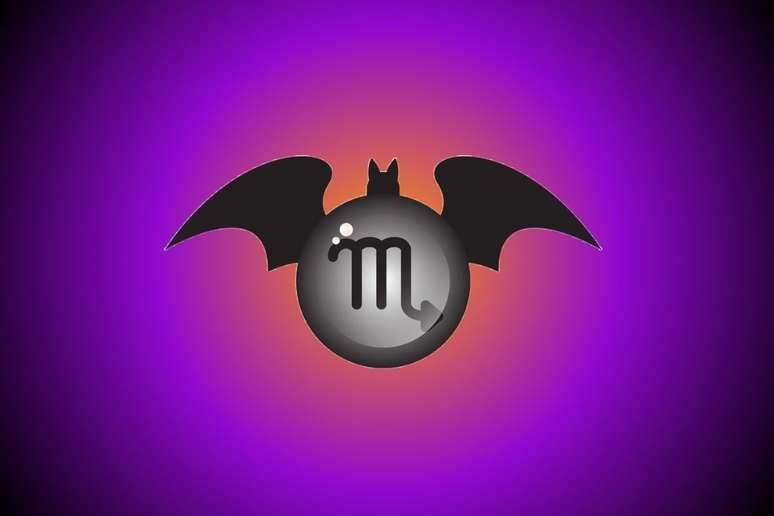Thiago Silva, captain of the Brazil national team, said a loss of sleep could have affected Tite’s side’s performance against Switzerland
On Monday, November 28, Brazil beat Switzerland in the second round of the group stage of the 2022 World Cup. The score was 1-0, which determined the Brazilian team’s ranking for the round of 16 of the competition.

After the conquest, Thiago Silvacaptain of the Brazilian team, commented on the team’s difficulties against the European Championships.
According to the defender, the opponents had an advantage over Brazil – an extra night’s sleep. That’s because Tite’s team played Serbia at 10pm (Qatar time) on Thursday, while Switzerland faced Cameroon at 1pm (Qatar time).
“It was a little hotter than in the first game, they had a little more recovery time, they played in the afternoon and we played at night (in the first round). We lost a night of sleep, we know how much that affects. The match remained a draw, we were playing a draw, we wanted to win” Thiago said in an interview with Sportv.
In an interview with Boa Forma, the Dr Joao Gallinaroa psychiatrist who specializes in sleep medicine at USP, explained how the quality of sleep can impact the performance of high-performance athletes.
the importance of sleep
According to the specialist, a regulated sleep is essential not only for the physical health but also for the mental health of all individuals, since the disturbances related to the rest period can be associated with various health problems.
“Getting enough sleep, having good quality sleep and having regular times to sleep and wake up are important habits for the functioning of the body. Those who have a disorder or sleep little end up having a higher risk of cardiovascular disease, for example “, heart attack acute. myocardial infarction and stroke. Furthermore, it also increases the risk of developing metabolic diseases, such as diabetes, and mental disorders,” he highlighted.
During sleep, toxins and metabolic substances produced during the day are eliminated. The immune system also works better when we sleep well.
🇧🇷
“The body is better prepared in case it becomes infected by viruses or bacteria, as well as having a better ability to eliminate defective cells that can be produced during the day,” clarified Dr. João.
A bad night’s sleep can have negative consequences for an individual’s psychology. “The person gets moody, gets more anxious, can’t focus on activities, gets sleepy and impatient,” she said.
The sleep of athletes
In the context of high-performance athletes participating in a competition, a good night’s sleep becomes even more essential.
“An athlete who sleeps poorly will experience tiredness, mental fatigue, altered mood, increased anxiety and will be more reactive and impulsive to situations. Some functions are also compromised, because they depend on a well-balanced emotional state: reaction time, ability to process decision-making, the level of alertness and concentration. This applies to both daily training and games and competitions,” he said.
The doctor. João Gallinaro explains that muscle recovery is another aspect that can be affected when the athlete does not get adequate sleep. “There are hormones that are produced in a stage of sleep called ‘Non-REM’. These hormones are related to the synthesis of proteins that are important for muscle recovery,” he said.
According to Gallinaro, a high-performance athlete should sleep between nine and ten hours a night. For an average adult, the recommendation is to get seven to nine hours of sleep.
“For high-performing athletes, such as soccer players, there is a need to get a little more sleep. We can get between 9 and 10 hours of sleep a night. If we compare this to ‘ordinary people’, or the population average, athletes need to get a little more sleep,” he stressed.
Difference between time in Qatar and Brazil
Brazil and Qatar are six hours apart, which, according to the psychiatrist, interferes with the sleep of Tite’s team players.
“When you end up traveling between time zones, more than two time zones, you end up going into a condition we call ‘jet lag.’ you’ve traveled and the other place is at a different time,” he revealed.
In addition to bedtime problems, other consequences can arise due to the time difference, such as malaise, nausea and loss of appetite.
🇧🇷The best content in your email for free. Choose your favorite Terra newsletter. Click here!
Source: Terra
Ben Stock is a lifestyle journalist and author at Gossipify. He writes about topics such as health, wellness, travel, food and home decor. He provides practical advice and inspiration to improve well-being, keeps readers up to date with latest lifestyle news and trends, known for his engaging writing style, in-depth analysis and unique perspectives.







